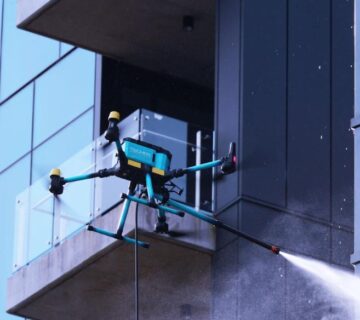Energy bills are one of the biggest operational expenses for commercial and industrial buildings. But many businesses aren’t fully aware of how much energy is being wasted every day. An energy audit is a practical and cost-effective way to uncover inefficiencies, optimize energy use, and plan for long-term savings.
1. Identify Energy Waste and Hidden Inefficiencies
An energy audit provides a detailed analysis of where and how energy is being consumed. From outdated equipment to lighting systems left on overnight, the audit highlights areas of waste that often go unnoticed. This allows business owners to take targeted action and reduce unnecessary consumption.
2. Reduce Operational Costs
By fixing energy inefficiencies, businesses can significantly lower their electricity bills. Whether it’s by adjusting HVAC usage, upgrading to energy-efficient lighting, or optimizing machine schedules, the savings add up quickly. For high-consumption buildings, even small improvements can make a big financial impact.
3. Improve Equipment Performance and Lifespan
Overworked or inefficient systems can wear out faster. An audit helps businesses fine-tune equipment settings and schedules to reduce strain and extend the life of valuable machinery. This leads to fewer breakdowns, lower maintenance costs, and more reliable operations.
4. Meet Sustainability and Regulatory Goals
Many governments, including Malaysia’s, are encouraging energy-efficient practices through green building certifications and carbon reduction targets. An audit provides the data needed to meet compliance standards, improve ESG scores, and demonstrate environmental responsibility to clients and stakeholders.
5. Build a Roadmap for Future Energy Investments
Beyond quick fixes, energy audits help businesses plan for long-term improvements. From installing solar panels to integrating smart building systems, audits act as a roadmap for future upgrades that deliver sustained efficiency and ROI.
Conclusion
An energy audit is a smart investment for any commercial or industrial building. It uncovers energy waste, reduces costs, and supports a more sustainable future. With professional guidance and actionable insights, businesses can take control of their energy use and turn it into a competitive advantage.








No comment